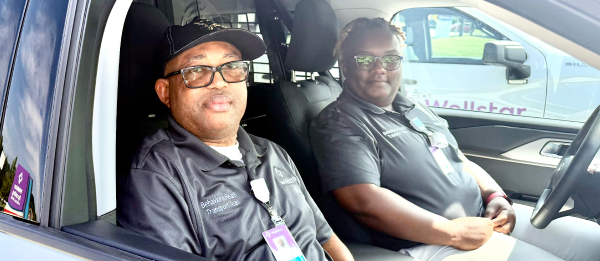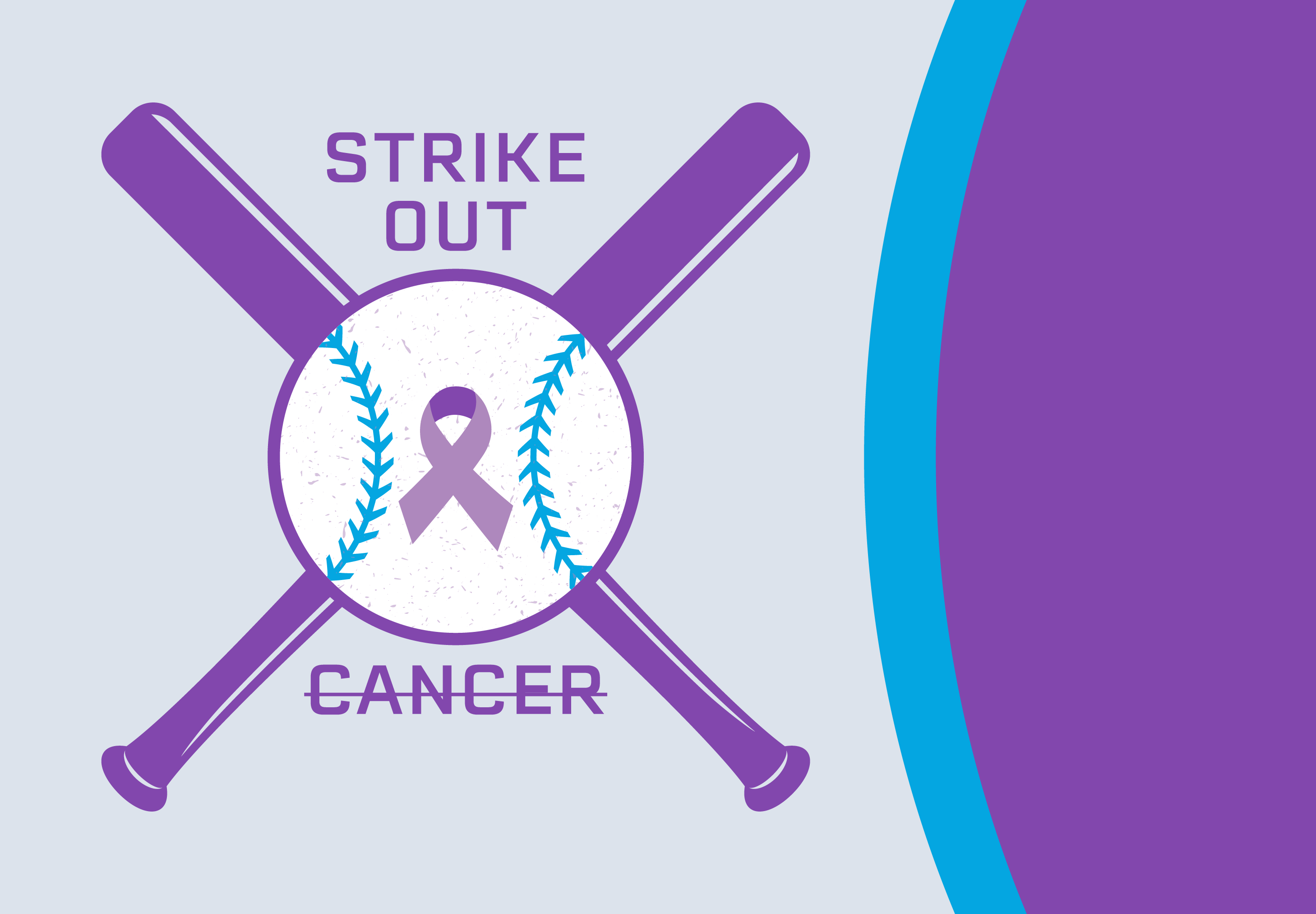In a compassionate step forward for mental health care, Wellstar Spalding Medical Center has launched a new initiative to more quickly and safely transport patients in need of psychiatric care to specialty care facilities.
People in the Spalding community no longer have to wait in emergency departments for extended periods—sometimes days—until a secure ride in a marked law enforcement or EMS vehicle is available. Now, patients who need this type of specialty care are transported within hours in a discreet, unmarked SUV. The approach preserves each patient’s dignity and accelerates access to critical inpatient psychiatric care.
“This innovative approach not only improves logistics but also reinforces Wellstar’s commitment to treating every person with dignity and care,” said Kevin Smith, president of Wellstar Spalding. “It’s a win for our patients, our staff and our community.”
Each year, Wellstar Behavioral Health serves about 19,000 people, many of whom enter the health system through hospital emergency departments. When patients require transfer to an inpatient psychiatric facility, transportation delays can lead to prolonged emergency department stays and slower treatment for all patients. The root of the issue lies in the limited availability of secure transport options, which are typically restricted to EMS or law enforcement vehicles.

To address this challenge, Wellstar Spalding leaders teamed up with the health system’s Behavioral Health service line to develop a creative and compassionate solution, starting with the hospital in Griffin. With funding from the Wellstar Foundation, the team purchased and outfitted an unmarked SUV designed specifically for the safe and respectful transport of patients needing behavioral health care.
Wellstar Spalding has hired several specialized officers to operate the vehicle. These officers receive training from Wellstar’s behavioral health team—including suicide risk assessment and response—ensuring patients are transported with both safety and empathy.
“This is a good example of our service line coming together with hospital leaders to use out-of-the-box thinking, allowing us to serve with compassion,” said Dr. Ryan Breshears, chief behavioral health officer at Wellstar.
Trish Velasco, Wellstar’s assistant vice president of behavioral health, emphasized the role of community support.
“The generosity of those in our community who donate to the Wellstar Foundation made this possible,” she said. “Their contributions are directly improving patient experiences and outcomes in a very tangible way.”





